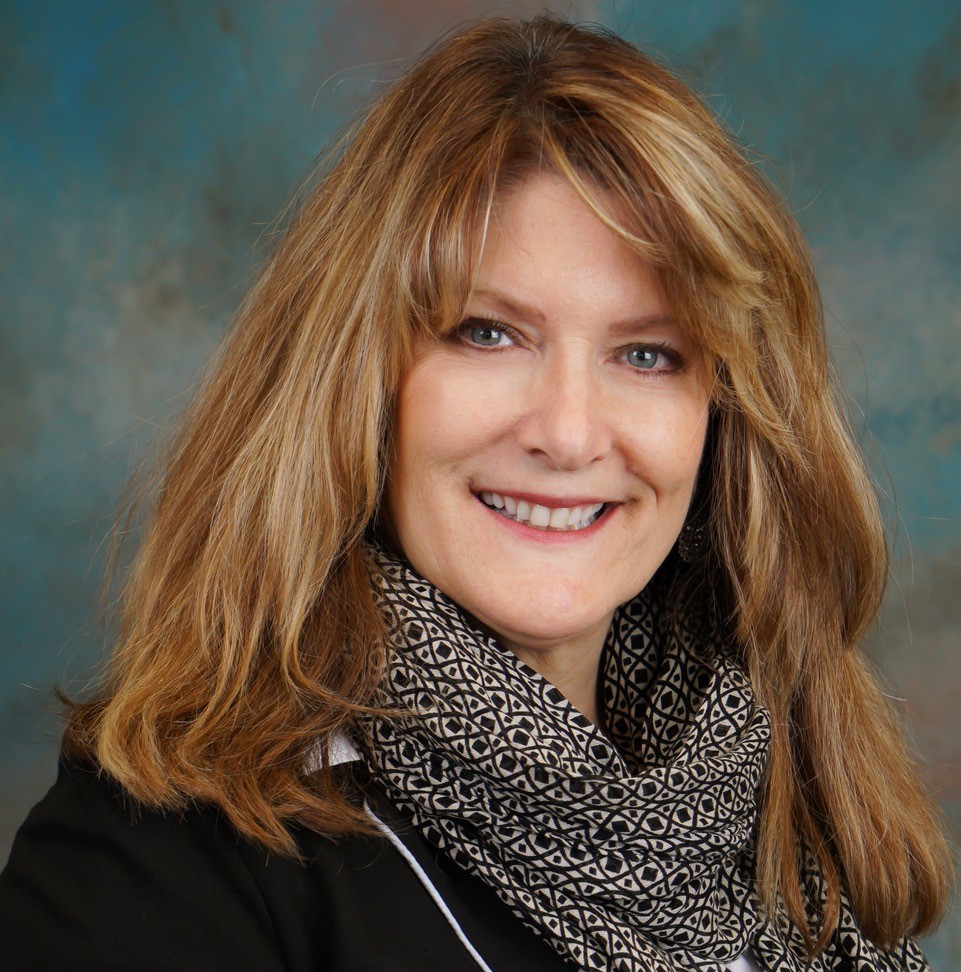Community Services League (CSL) in Independence, MO is one of over 40 community-based partners nationwide implementing LISC’s Bridges to Career Opportunities model. Debby Laufer, CSL’s vice president of career services, reflects on what it takes to help unemployed and underemployed clients build their skills and find good paying jobs. She does so through the lens of one client, Zach P., who overcame a substance abuse problem to graduate from a CSL training program and get a job as a welder. This is just one of many success stories spurred by LISC’s partnership with Union Pacific.
Sometimes, even when people recognize their own potential, they need help to overcome obstacles and reach their goals. We see that reality play out every day at Community Services League (CSL), and it is certainly true of a young man named Zach P., who graduated from CSL’s Bridges to Career Opportunities program in welding earlier this year.
First, a bit of background: Zach is a talented musician who for years has played gigs throughout Kansas City and Chicago. “I play bass guitar. I sing a little. It’s something I’ve always done,” he says casually, as if it were something that any of us could do.
For several years, he also worked a “day job” in the metal works arm of an architectural design firm. It helped feed the creative part of his personality while also giving him an early grounding in a growing employment field.
And then substance abuse threatened to derail it all.
I wouldn’t presume to describe his journey back from addiction. Zach’s own words on it are simple and forward-looking: “It’s a disease that will always be with me, and I’m really grateful for the opportunities I have now.”
I met Zach when he was living at a halfway house and trying to figure out what to do next. Though he had a bit of experience in welding, he didn’t have the full range of skills or credentials to compete for good-paying jobs. So, when he learned that CSL offered an eight-week welding program at a local community college, he jumped on the chance to participate.
“I was just living at a recovery house and going to school,” says Zach of that time. “CSL helped me with rent; they helped me figure things out. It was hard. I didn’t pass my first welding test. I had to keep at it, and I had a lot of people helping me stay with it.”
That experience reflects what we see with many clients looking to build their skills. They might need help with housing or childcare or transportation while they are in training. They might stumble on the way forward. But, the best workforce development programs take all of that into consideration, providing long-term coaching to help put people in a position to succeed.
Zach showed enormous commitment to his progress. Now employed as a welder at a firm that builds and repairs metal racking systems for manufacturers, he encourages other people to look at this career path, noting that it is filled with possibilities that cross different industries. “There are no secrets to welding,” he says. “It is hard work, sometimes even dangerous work. It takes a lot of experience to be good; it takes showing up and really paying attention. There is a real art to some of it,” he adds, talking about jobs from pipefitters to furniture builders to industrial positions. “I have a lot to learn, but I can see the opportunities.”
We still check in with Zach as we do with all CSL clients, providing ongoing financial coaching even after they graduate from our programs and find jobs. We know from experience that the road to economic recovery can be long and winding, so we want to be there to help people overcome setbacks if they occur.
We see that same sense of commitment to this work from LISC and industry partners like Union Pacific. Not only do they fuel proven skills training through the LISC Financial Opportunity Centers program, but they also help design new approaches that reflect the needs of a wide range of employers. It helps ensure that people who graduate from our programs are well-prepared for the challenges of a growing job market.
And, really, that is the heart of this work. Our goal is to help people tap into their own capacity to succeed, and then connect their skills to employers that are eager for qualified workers. It gives them the chance to build a strong future for their families, no matter what challenges they’ve faced along the way, and contribute to the economic health of their communities as well.

Debby Laufer, Community Services League
Debby is vice president of career services for Community Services League (CSL) in Independence, Mo. CSL is a LISC Financial Opportunity Center partner.